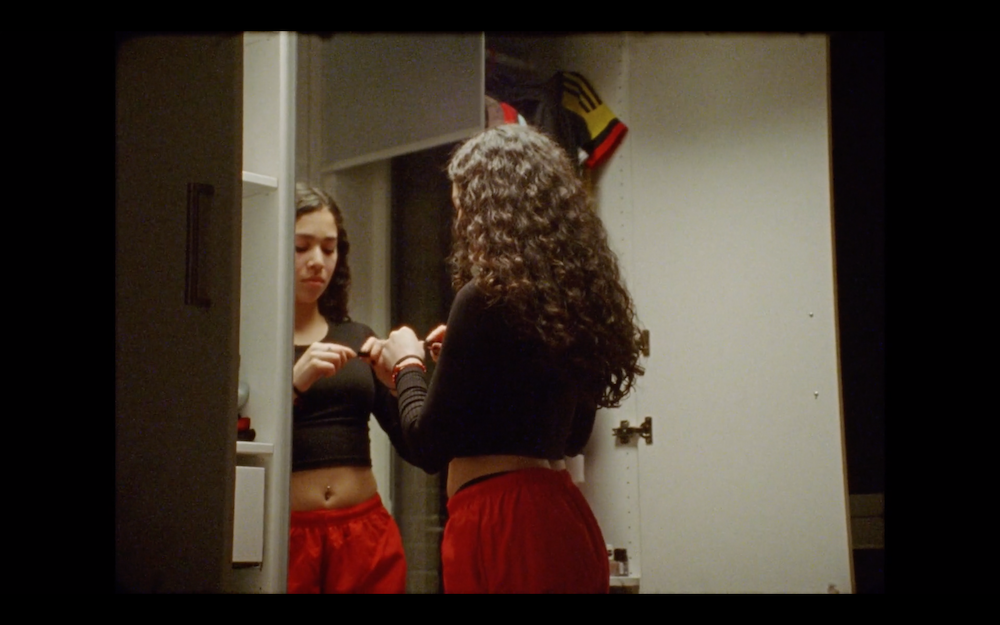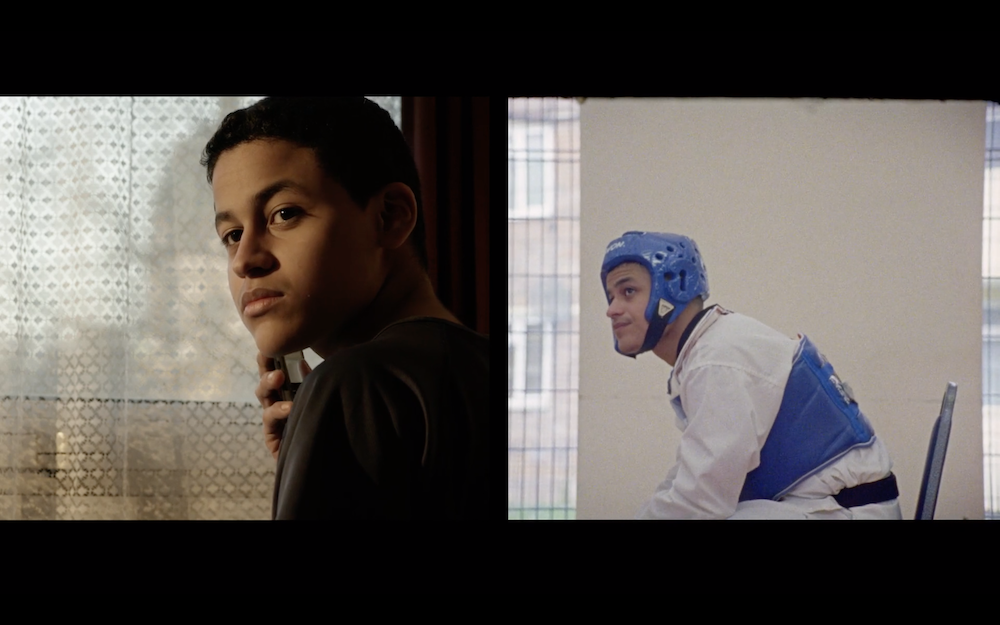Documenting London’s Latinx youth amid political invisibility
Growing up between the Brazilian island of Florianópolis and the outskirts of Toronto – two places with little in common besides the presence of “no art or film scene” – Romano Pizzichini never thought a creative career was on the cards. That was, until he moved to London and discovered a passion for filmmaking, eventually enrolling in London College of Communication. It’s this love of cinema that eventually culminated in his latest project, short documentary More Than Other. Profiling a range of young Latinx people living in the UK (notably DJ and producer Kamixlo) the film resists the homogenising depictions of Latinx individuals in the media whilst providing a vital outlet to explore British-Latin American identity.
The road to creating “More Than Other” has been a long one and was partly informed by Pizzichini’s own difficulties as a Latinx person in Britain. Moving to Europe after high school and eventually settling in the UK, Pizzichini found his Brazilian identity subject to constant erasure. “My background is Italian-Lebanese, and I have a Canadian accent so people are often like; ‘Oh you don’t look or act like a Brazilian,’” he explains. “I think there’s a very narrow-minded view of what a Brazilian person or a Latinx person is like.” Amidst these kind of microaggressions he discovered Elephant and Castle, an area associated with the capital’s Latinx population, during his years as an undergraduate. “Studying at the London College of Communication campus in Elephant and Castle, I quickly discovered a vibrant Latin American community there, which felt like home to me.”

Finding this community would excite his creative vision, but the lack of Latinx representation in UK art and media would render it difficult to execute. “A few years later, I set out to make a fictional short film set inside this community, but trying to cast it was proving near impossible,” Pizzichini says. “I would speak to casting agents and they would send me South Asian profiles that in their words ‘looked Latin American.’” Beyond logistical issues with finding actors, he also found that the funding available for projects such as these was scarce.
This problem recurred in the process of making More Than Other and he would not gain funding until he travelled to Brazil, where he met his fellow director Breno Moreira and the production team Capuri in Rio de Janeiro. “It’s been very difficult to convince funders of the importance of telling Latinx stories. There’s a misconception that there aren’t enough of us here for it to be worthwhile, but that couldn’t be further from the truth,” he says. “Latin Americans represent London’s eight biggest and fastest-growing population.”
The perception that the UK does not possess a substantial Latinx population is partially a product of the invisibility imposed by the UK state, which does not legally recognise Latinx as a minority. “Not having our own designated box means we don’t know exactly how many Latin Americans there are living in the UK,” he explains. “It means we don’t know how many kids are getting into higher education and how we can help there be more. We don’t know about specific diseases that might affect the community.” In addition to these wide-ranging political, medical and social implications, this lack of recognition leaves the community open to urban displacement. “It keeps us under the radar, and therefore more vulnerable to the forces of gentrification,” he says.
Currently, Latinx cultural hubs in Elephant and Castle Shopping Centre as well as the Latin Village (Pueblito Paisa) in Seven Sisters are under serious threat due to redevelopment plans that would splinter the community. There are dedicated efforts to prevent this from grassroots activists, for example the Save Latin Village campaign, which Pizzichini has witnessed with his own eyes. “I know the campaigners from Save Latin Village very well. I’ve seen first-hand the work the’ve been doing to try and save it,” he explains. “As they themselves put it, it’s a David versus Goliath fight of small business owners against a giant developer and the City of London. The same goes for the Elephant and Castle shopping centre.”

By sharing the stories of London’s Latinx community, Pizzichini is joining forces with the campaigners resisting these developers, reasoning that if individuals have a greater understanding of the Latinx population then they might begin to understand what these sites mean to them. Ultimately, by shining a light on this group he hopes to raise a sense of cultural awareness that might encourage more people to join in with the fight to protect these important cultural spaces. “If people don’t know these communities exist, then it’s much easier for their meeting points to be torn town,” he states. “The more people see this film, share it and go and discover the Latin pockets of the city, the more they will fall in love with them. These areas are a source of cultural richness on par with any other London community.”
Yet as much as Pizzichini hopes to combat immediately pressing issues of gentrification, he hopes that the film will be of use further down the line to a future generation of Latinx children growing up in the UK. “I hope that Latinx kids see the film and realise that their stories do matter.” he says. “When they see themselves screens, they will realise that they belong on them.”
You can check out More Than Other on Capuri’s Vimeo page. Further information on the Save Latin Village campaign can be found here.

